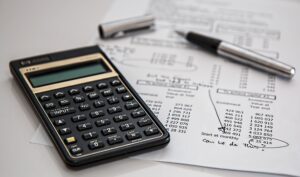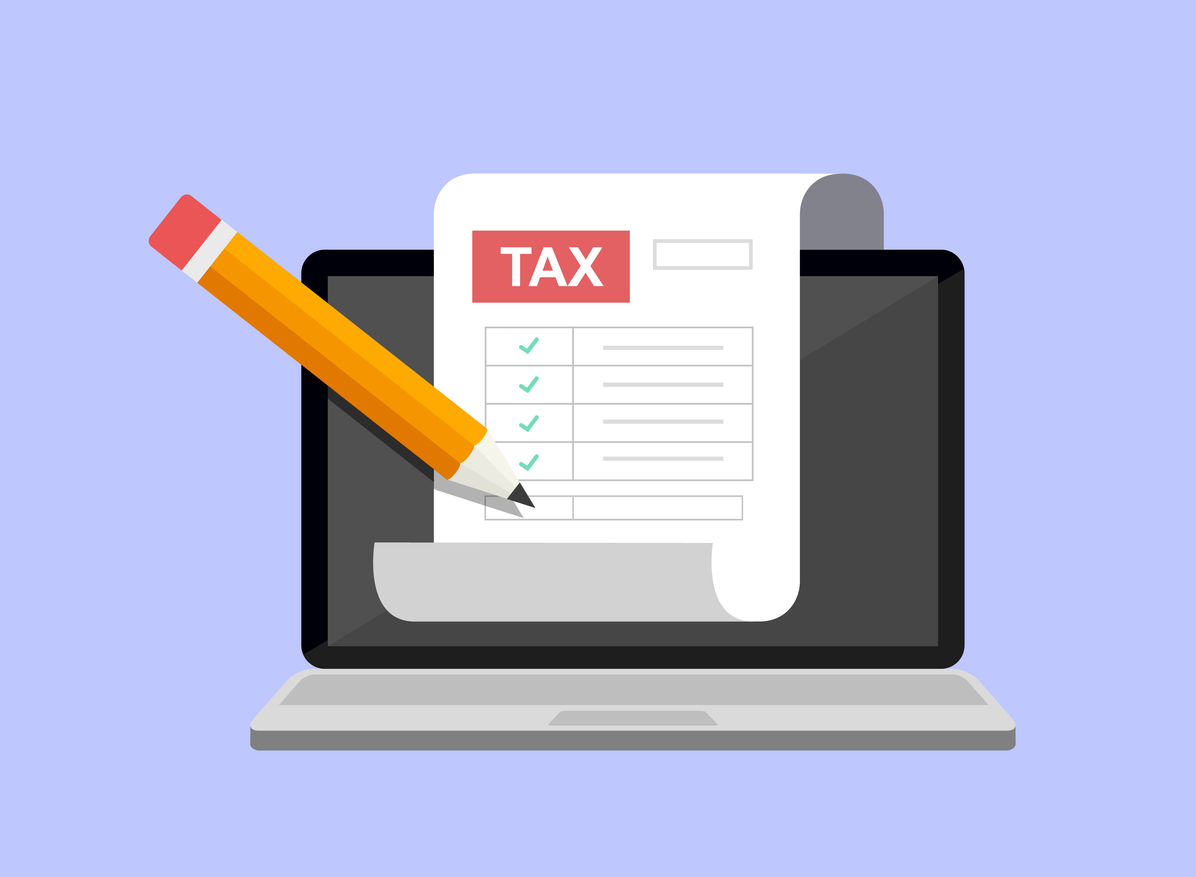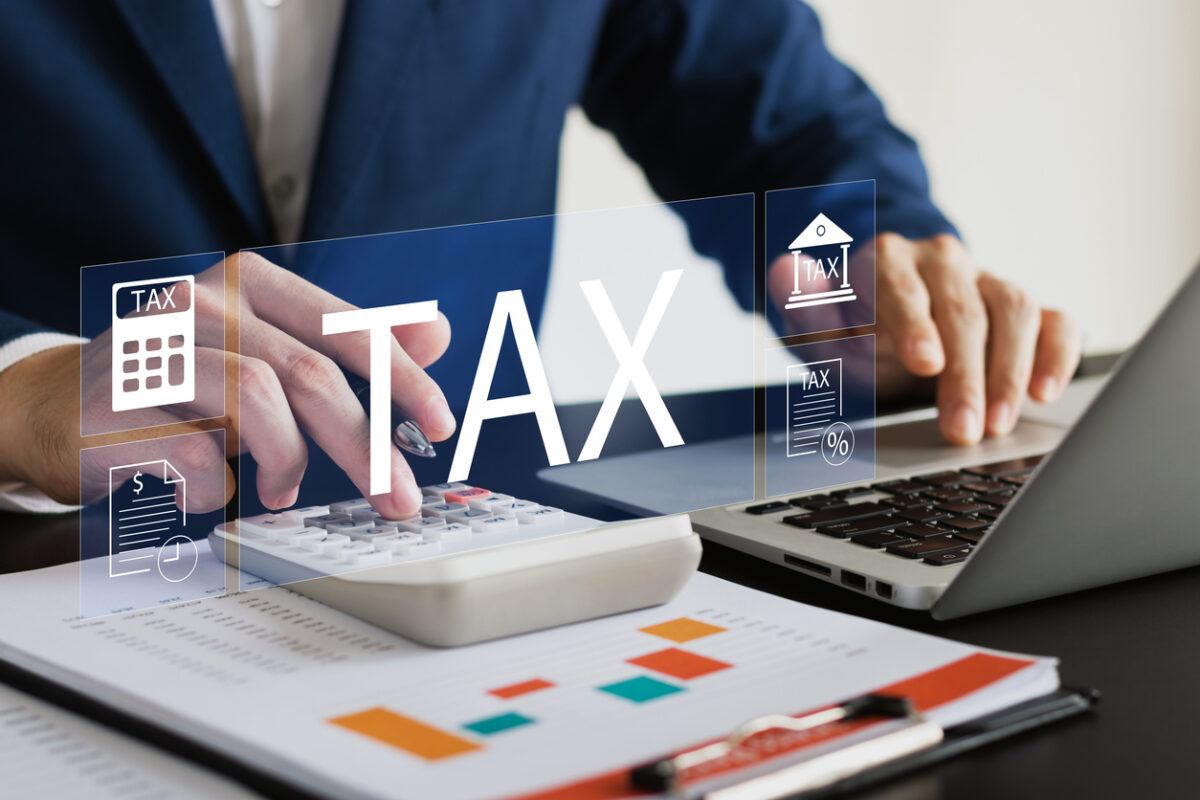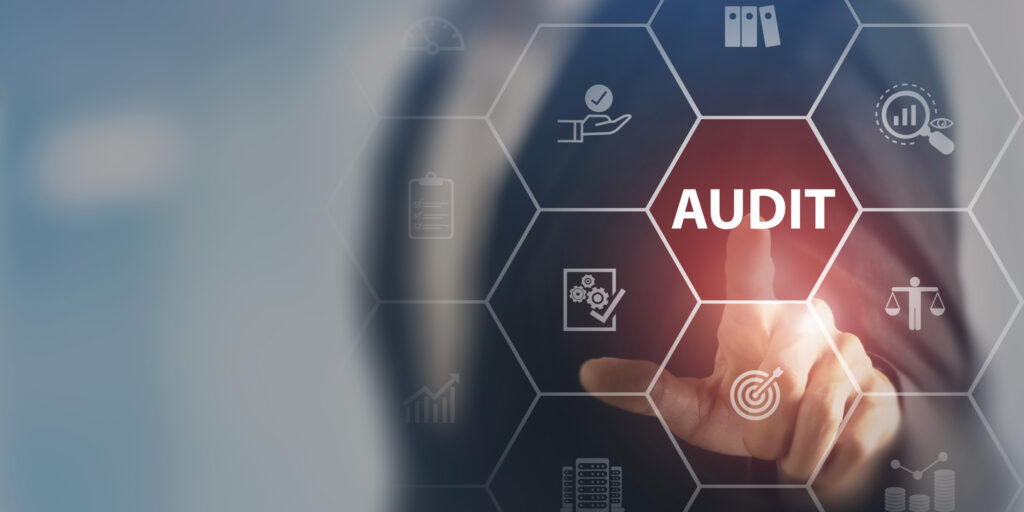State and Local Tax Updates and 2024 Trends Webinar Confirmation
Franklin Chow
on
July 2, 2024
Our Latest Insights

SALT
The Usage and Management of Tax Exemption Certificates
What is a Tax Exemption Certificate? Tax exemption certificates are documents issued by taxing authorities, usually the states, that grant
Kamal Shah, CPA
February 16, 2023

SALT
The Federal Universal Service Fund Fee
The Role of Telecommunications in the Federal Universal Service Fund Telecommunications companies operating in the United States are subject to
Chris Vignone
April 25, 2023

R&D
Nine Myths About the R&D Tax Credit
I’m introduced to owners and managers of manufacturing and technology-based companies virtually every day, and even after 25+ years in
Deb Roth, CPA
January 21, 2021
Contact Source Advisors for a Free Assessment
Embrace the power of tax credit savings with Source Advisors and propel your business towards growth and success. Partner with us today to unlock your company’s full potential.
















